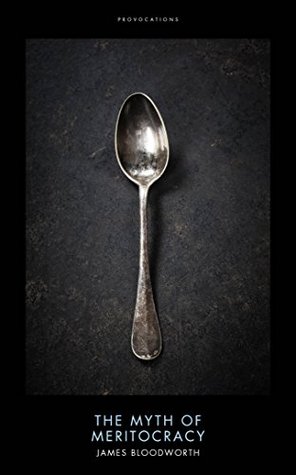More on this book
Kindle Notes & Highlights
‘Poorer people know far fewer people in high-status jobs than do their better-off neighbours.’74
The personal is supposedly political, and as a consequence being a radical today relates as much to who you are as to what you think.
there is now greater disproportionality in the number of black people in prisons in the UK than in the US.
identity politics also makes it harder for the left to establish a mass politics based around shared economic interests.
Those from the most elite backgrounds were often paid as much as 25 per cent more than those from
Arguments around social mobility should therefore be reconnected to the problem of economic inequality.
Opportunities denied to the poor disproportionately fall into the laps of the well-off.
Trying to fashion a meritocracy from a society as grossly unequal as our own is a bit like applying a coat of paint to a crumbling old house.
noticeable to anyone who sets foot inside. Inequality produces unequal prospects.
Back in 1960, it was free-market guru Friedrich Hayek who recognised that ‘a society in which it was generally assumed that a high income was proof of merit and
Survey, poverty today is increasingly seen as the fault of the individual, rather than as a reflection of larger processes. Support for spending on welfare has declined significantly in the past three decades.128
American culture is littered with anecdotal examples of the ‘self-made’ individual who has successfully managed to pull himself up ‘by the boot straps’.
More equal societies tend to have better rates of social mobility.130
A just society is thus not a meritocratic one.


